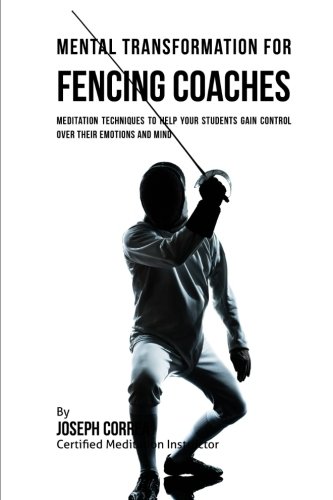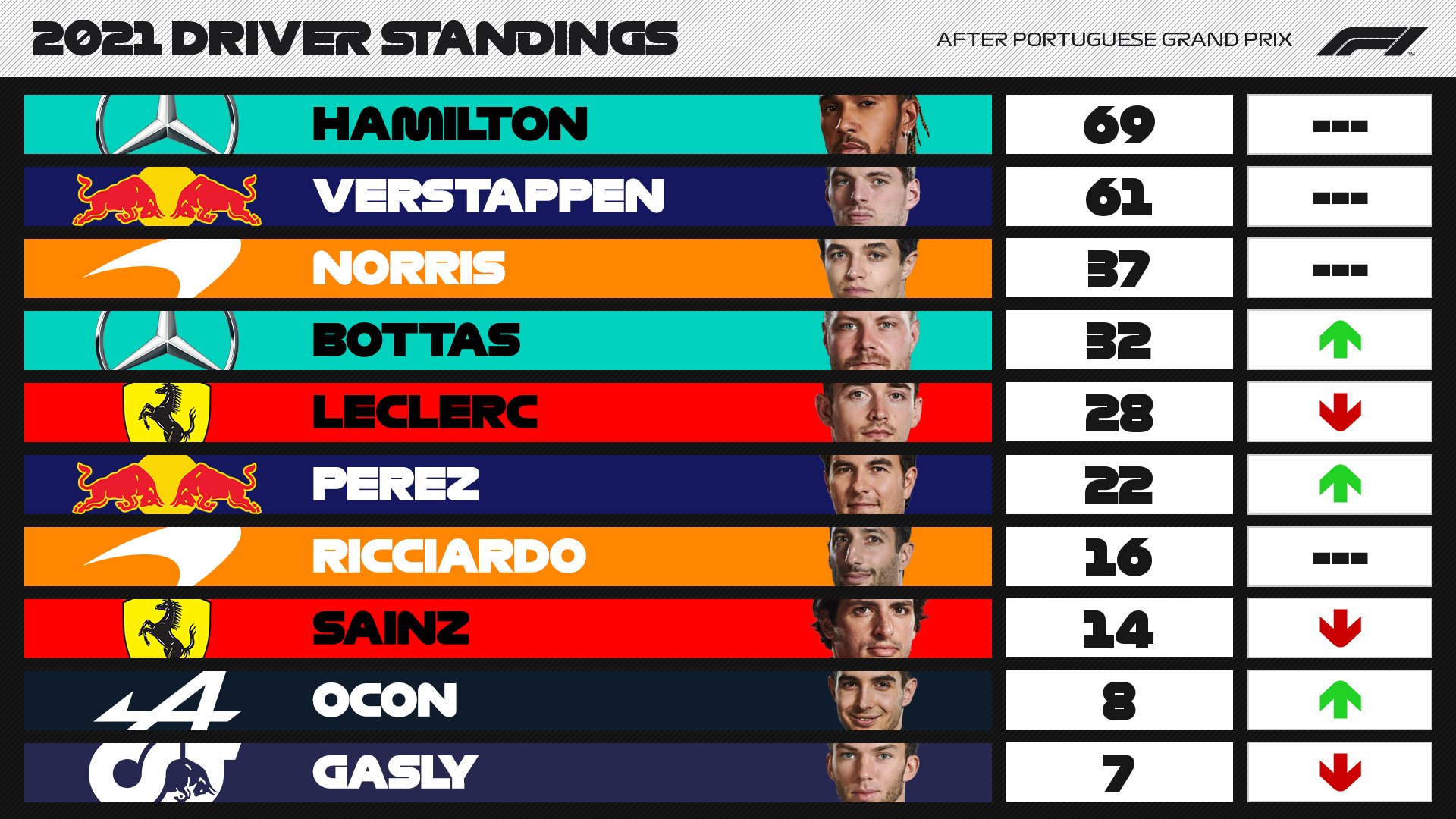
Sharpening the Blade of the Mind: Mental Focus Techniques for Fencing Success
Fencing, a sport demanding both physical prowess and lightning-fast reflexes, is as much a mental game as a physical one. While possessing exceptional agility, speed, and technical skill is crucial, the ability to maintain unwavering focus and mental fortitude under pressure can be the deciding factor between victory and defeat. This article delves into the key mental focus techniques that fencers can employ to sharpen their minds, enhance their performance, and achieve peak mental preparedness on the piste.
Understanding the Mental Landscape of Fencing:
Fencing presents a unique set of mental challenges. The rapid-fire exchanges, the constant need to adapt to an opponent’s style, and the pressure of competition can easily overwhelm even the most seasoned fencer. A momentary lapse in concentration, a flicker of doubt, or an emotional outburst can lead to a crucial point lost or even a match thrown. Therefore, cultivating a strong mental game is paramount to success.
This mental game encompasses several key aspects:
-
Concentration: Maintaining unwavering attention on the present moment, focusing on the immediate task at hand – the opponent’s movements, one’s own actions, and the strategic implications of each exchange. Distractions, whether internal or external, must be effectively managed.
-
Self-belief and Confidence: A fencer’s belief in their abilities directly influences their performance. Confidence stems from consistent training, mastering techniques, and a positive self-image. Doubt, on the other hand, can cripple performance.
-
Emotional Regulation: Fencing is an emotionally charged environment. Managing emotions like frustration, anger, and anxiety is vital. Maintaining composure and emotional stability allows for clearer thinking and more effective decision-making.
-
Strategic Thinking: Fencing is not merely a series of actions; it’s a strategic battle of wits. Anticipating the opponent’s moves, adapting to their strategy, and formulating one’s own tactical approach are essential for success.
-
Resilience: Setbacks and defeats are inevitable in fencing. The ability to bounce back from adversity, learn from mistakes, and maintain a positive outlook is crucial for long-term success.
Mental Focus Techniques for Fencers:
Several proven techniques can significantly enhance a fencer’s mental focus and overall performance:
1. Mindfulness and Meditation:
Mindfulness practices, such as meditation, help train the mind to stay present and grounded. Regular meditation sessions, even short ones (5-10 minutes), can significantly improve concentration, reduce anxiety, and enhance emotional regulation. Focus on the breath, bodily sensations, or a mantra to cultivate present moment awareness. This heightened awareness translates directly to the piste, allowing for sharper observation of the opponent and improved reaction time.
2. Visualization:
Visualization, or mental rehearsal, involves mentally practicing fencing actions, strategies, and even entire bouts. By vividly imagining successful actions and scenarios, fencers create neural pathways that reinforce those actions and improve performance. This technique can be used to refine technique, develop strategic approaches, and build confidence by mentally experiencing success. Visualize not just the actions but also the feelings and emotions associated with success.
3. Positive Self-Talk:
The language we use internally profoundly impacts our mindset and performance. Negative self-talk, filled with self-doubt and criticism, can be detrimental. Instead, cultivate positive self-talk, replacing negative thoughts with encouraging and empowering affirmations. Repeat positive statements like "I am confident," "I am focused," or "I am capable" to build self-belief and boost performance.
4. Goal Setting and Achievement:
Setting clear, specific, measurable, achievable, relevant, and time-bound (SMART) goals provides direction and motivation. These goals can range from mastering a specific technique to winning a particular competition. Breaking down larger goals into smaller, manageable steps helps maintain momentum and celebrate progress along the way. The sense of accomplishment from achieving smaller goals fuels motivation and builds confidence.
5. Breathing Techniques:
Controlled breathing is a powerful tool for managing anxiety and enhancing focus. Deep, slow breaths can calm the nervous system and improve concentration. Practicing diaphragmatic breathing, focusing on the expansion and contraction of the abdomen, can significantly reduce stress and promote relaxation. This technique can be employed before, during, and after bouts to regulate emotions and enhance performance.
6. Pre-Competition Routine:
Establishing a consistent pre-competition routine helps reduce anxiety and build confidence. This routine can include specific warm-up exercises, mental preparation techniques like visualization and positive self-talk, and creating a calming environment. Consistency in the routine helps create a sense of control and reduces uncertainty, leading to improved performance.
7. Post-Competition Analysis:
After each competition, regardless of the outcome, it’s crucial to engage in post-competition analysis. Reflect on performance, identifying both strengths and areas for improvement. Analyze tactical decisions, assess emotional responses, and identify any patterns that contributed to success or failure. This reflective process allows for continuous learning and improvement.
8. Seeking Professional Guidance:
Working with a sports psychologist or mental coach can provide personalized guidance and support in developing a strong mental game. These professionals can assess individual needs, provide tailored strategies, and offer ongoing support to address specific challenges. Their expertise can significantly accelerate the development of mental skills and enhance overall performance.
Conclusion:
Developing a strong mental game is just as crucial as honing physical skills in fencing. By incorporating these mental focus techniques into training and competition preparation, fencers can cultivate unwavering concentration, build unshakeable confidence, manage emotions effectively, and ultimately enhance their performance on the piste. Remember, the blade of the mind is just as important as the blade in the hand. Sharpening both will pave the way to fencing success.



